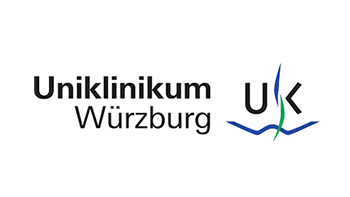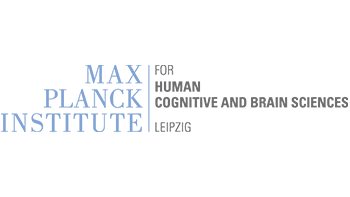Butenko K, Li N, Neudorfer C, Roediger J, Horn A, Wenzel GR, Eldebakey H, Kühn AA, Reich MM, Volkmann J, Rienen UV.
Neuroimage Clin. 2022;36:103185. doi: 10.1016/j.nicl.2022.103185. PMID: 36099807.
Abstract
Background: Deep brain stimulation (DBS) is an established therapy for patients with Parkinson’s disease. In silico computer models for DBS hold the potential to inform a selection of stimulation parameters. In recent years, the focus has shifted towards DBS-induced firing in myelinated axons, deemed particularly relevant for the external modulation of neural activity.
Objective: The aim of this project was to investigate correlations between patient-specific pathway activation profiles and clinical motor improvement.
Methods: We used the concept of pathway activation modeling, which incorporates advanced volume conductor models and anatomically authentic fiber trajectories to estimate DBS-induced action potential initiation in anatomically plausible pathways that traverse in close proximity to targeted nuclei. We applied the method on two retrospective datasets of DBS patients, whose clinical improvement had been evaluated according to the motor part of the Unified Parkinson’s Disease Rating Scale. Based on differences in outcome and activation levels for intrapatient DBS protocols in a training cohort, we derived a pathway activation profile that theoretically induces a complete alleviation of symptoms described by UPDRS-III. The profile was further enhanced by analyzing the importance of matching activation levels for individual pathways.
Results: The obtained profile emphasized the importance of activation in pathways descending from the motor-relevant cortical regions as well as the pallidothalamic pathways. The degree of similarity of patient-specific profiles to the optimal profile significantly correlated with clinical motor improvement in a test cohort.
Conclusion: Pathway activation modeling has a translational utility in the context of motor symptom alleviation in Parkinson’s patients treated with DBS.










